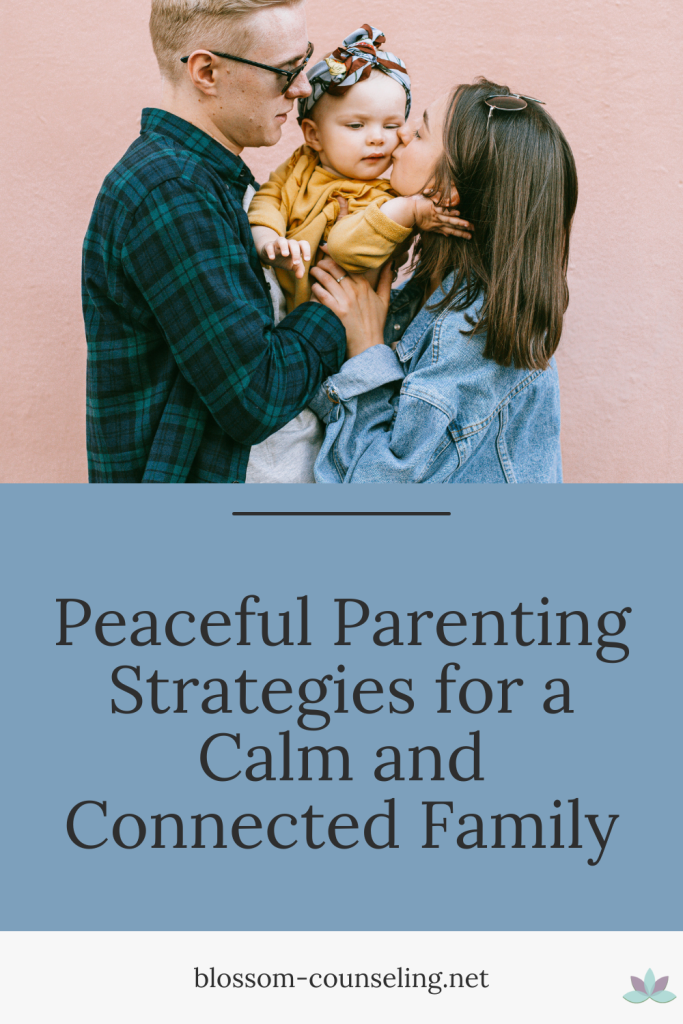
Perinatal loss, encompassing miscarriage, stillbirth, and the loss of a newborn, remains one of the most profound yet least discussed heartbreaks a parent can face. This type of loss carries a unique kind of grief, often shrouded in silence, as many outside the experience struggle to comprehend the depth of the emotional turmoil involved.
The Unseen Grief
Grief from perinatal loss is profound and complex, primarily because it combines mourning the loss of a child and the myriad potential experiences and milestones that will never be realized. Parents may grieve not only for their child but also for the identity of being a parent to that child. This grief can feel isolating, as society often lacks the rituals or words to acknowledge the loss appropriately.
Why It’s Different
Perinatal grief is unique for several reasons. Firstly, it challenges the natural order of life events—parents are not supposed to outlive their children, making this loss profoundly unnatural and unexpected. Secondly, parents often have little to no time to prepare mentally or emotionally for this sudden absence, unlike other types of grief where one might anticipate the loss after a prolonged illness.
The Emotional Rollercoaster
The emotional landscape of someone experiencing perinatal loss can vary widely. Feelings of sadness, anger, guilt, and confusion are common. Parents might question whether there was something they could have done differently, and they might feel anger towards themselves, their partners, medical staff, or even friends and family who don’t understand their pain.
Navigating Grief
Navigating this grief requires acknowledging that it is not a linear process. It often involves oscillating between different stages of grief unexpectedly. One day might feel manageable, and the next might feel overwhelmingly sad again. This is a normal part of healing.
Finding Support
Support can often come from unexpected places. Support groups, either in person or online, can connect grieving parents with others who have faced similar losses. Therapy with professionals who specialize in grief and loss can also provide a safe space to express these complex emotions without fear of judgment.
Coping Strategies
Developing coping strategies is crucial. Some find solace in creating memorials or rituals that honor their child’s memory. Others find comfort in art, writing, or other expressive therapies that allow them to externalize their grief. It’s also important to allow oneself not to be okay sometimes. The pressure to “move on” can be intense, but healing has its own timeline.
The Role of Friends and Family
For friends and family wanting to support someone through perinatal loss, the most important thing you can do is to be present. Offering a listening ear without judgment or clichés, acknowledging the child’s existence, and recognizing the depth of the loss can all be profoundly comforting.
Understanding and Compassion
For those experiencing this form of grief, it’s crucial to understand that there is no “right way” to feel after such a loss. Each journey is deeply personal, and all feelings are valid. Compassion towards oneself and from others can be a key component of navigating this challenging time.
Perinatal loss is a profound, life-altering event that reshapes one’s world entirely. It’s a journey of pain, healing, and eventually finding a new normal. While the grief may never completely disappear, understanding more about it and how to cope can bring a measure of peace and a sense that, even in loss, you are not entirely alone.




